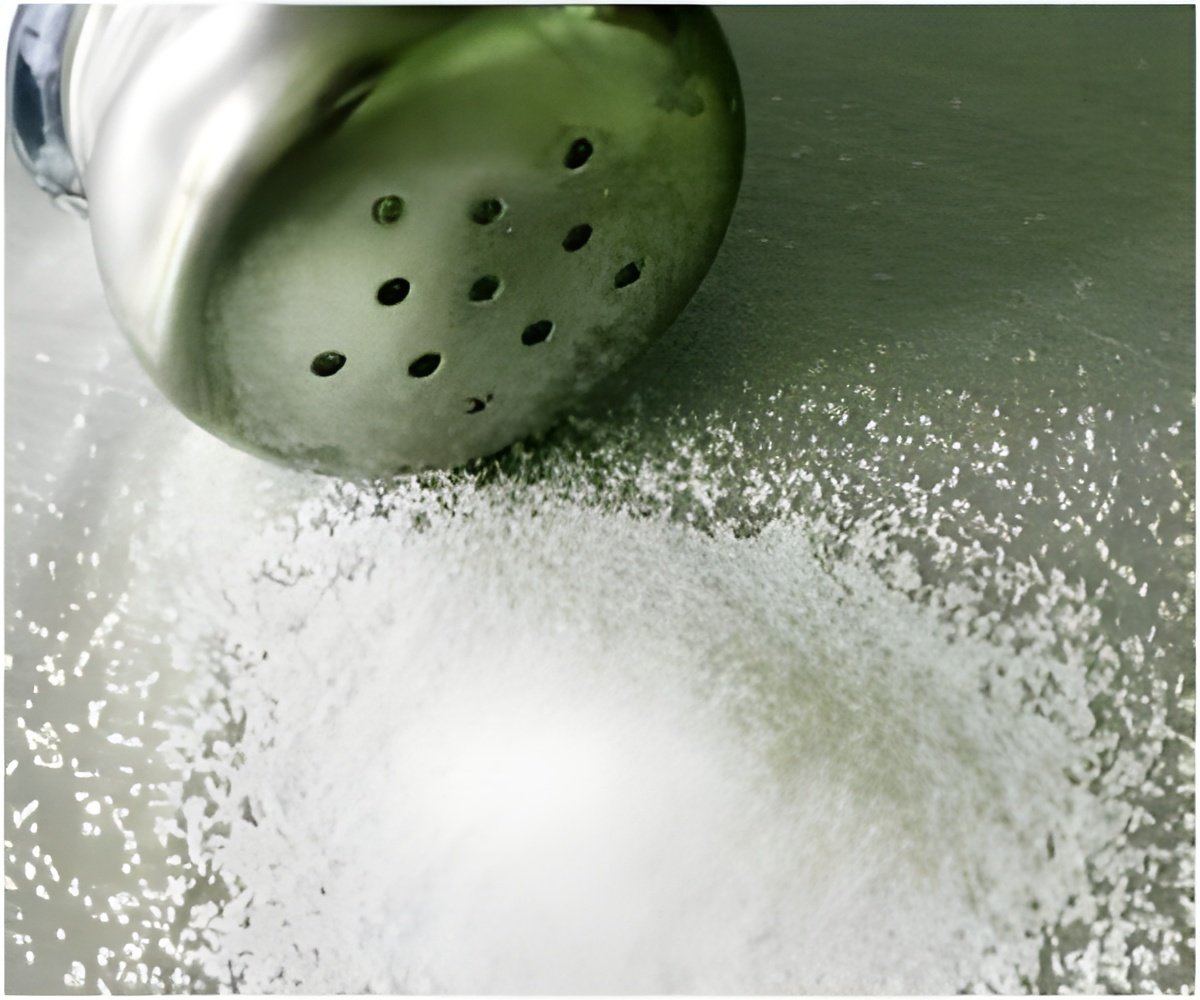
High salt is considered a leading factor in the development of high blood pressure, which affects as many as 90 percent of Americans in their lifetimes and is linked to heart disease and stroke, said the study in the Journal of the American Medical Association.
Some research has suggested that lowering salt intake could save up to 150,000 lives a year in the United States, but controversy persists over whether consumers can reduce sodium or if the food industry should face tighter regulations.
The study found that little has changed in terms of sodium content in a sample of 480 processed and restaurant foods from 2005 to 2011.
Some products did show decreases -- including sliced cheddar cheese, canned tomato soup, canned diced tomatoes, tuna fish and deli turkey slices -- but others showed increases.
Restaurant french fries and cheese pizza were found to have higher sodium in 2011 than 2005, as did whole wheat bread, Caesar dressing and barbecue sauce.
Advertisement
The study's overarching finding was "the absence of any appreciable or statistically significant changes in sodium content during six years," it said.
Advertisement
"The study demonstrates that the food industry has been dragging its feet and making very few changes. This issue will not go away unless the government steps in to protect the public. The amount of sodium in our food supply needs to be regulated."
An Institute of Medicine (IOM) committee concluded in 2010 that voluntary reductions would not be enough, and found that Americans were consuming almost 1,200 milligrams a day more of sodium in 2007-2008 than they had in the 1970s.
The US Department of Agriculture's dietary guidelines of 2010 say that about two-thirds of all adults -- including middle-aged or older people, African-Americans, and anyone with high blood pressure, diabetes, or kidney disease -- should limit their sodium intake to 1,500 milligrams per day.
Others are urged to consume less than 2,300 milligrams per day.
The current per capita sodium consumption in America is about 3,300 milligrams per day, according to the research in JAMA.
The US Food and Drug Administration declined to comment on the JAMA study.
"FDA has not exercised its regulatory authority to limit the amount of salt added to processed foods; however, the agency is conducting research in this area," said the FDA website, on a page last updated in May 2010.
Salt is a substance that is generally recognized as safe and substances that contain it do not need FDA approval prior to use.
However, the FDA does require sodium content be listed in food labels, and urges consumers to choose options that contain less than five percent of the daily value of sodium per serving.
The National Restaurant Association said the study sampled only a limited number of products, and did not include new options available after 2005 so its results "do not accurately reflect all available choices."
"Restaurants have made significant progress in developing lower sodium menu options," said Joy Dubost, director of nutrition at the National Restaurant Association.
"The industry's proactive and ongoing efforts will better enable the gradual reduction of sodium in the food supply."
Source-AFP














